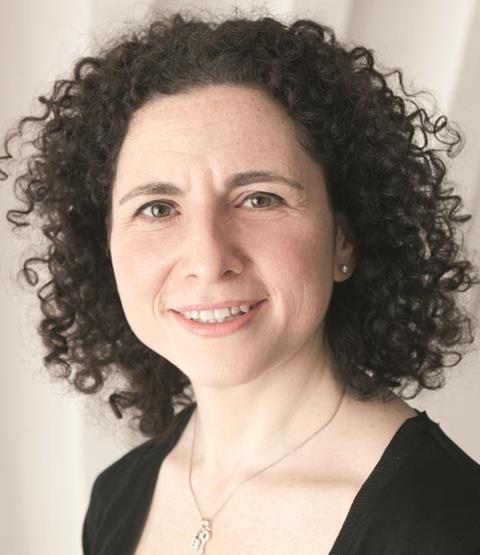Ariane Todes asks if classical music is learning from the MP3 shuffle setting

I know it’s rude to stare at people who are different. But at last night’s BBC Proms concert I couldn’t take my eyes off the left-handed cellist at the back of the Danish National Symphony Orchestra. It’s the first time I’ve seen someone play left-handed and the sheer visual shock of it fascinated me as I tried to work out the logistics. His cello was strung back to front so that his bow angle always mirrored that of his desk partner’s, and they both sat slightly further apart than other desks to avoid the clash of the up bow. Apart from that it was business as usual.
The discovery for me was of Danish composer Rued Langgaard and his Music of the Spheres – episodes of differently beautiful textures and soundworlds that were mesmerising. These were juxtaposed with Ligeti choral music – juxtaposed directly, in fact, as someone, I assume conductor Thomas Dausgaard, decided to make the pairs of pieces in each third of the concert run directly into each other, without leaving space for applause.
This worked brilliantly between Ligeti’s Morning and Tchaikovsky’s Violin Concerto. Dausgaard had the audience in total control so as not to clap (which with the Proms audience deserves respect in itself). Soloist Henning Kraggerud discreetly waited amid the second violin section until springing out during the orchestral tutti and preparing to play. The resulting seamlessness between the primordial Ligeti textures and the rich Tchaikovsky was highly effective.
What was the thinking, though? It felt like being on random play with one’s MP3 player. I’ve often wondered if random play is a fantastic thing for classical music: stripping music of its context is very liberating. Radio 3’s Late Junction is ear-opening for presenting what many people would consider inaccessible music such as Finnish throat singing and Xenakis bang up next to each other, and it works. And I love it when a Paganini Caprice comes up on my MP3 player straight after Bruce Springsteen or Led Zeppelin (or any of the other millions of permutations possible). Somehow it shines on the music a whole new light in which everything is equal. Maybe this is the way to tackle people’s preconceptions about classical music. As Louis Armstrong said, ‘There’s only two types of music – the good and the bad.’
So it was interesting to see this approach taken in concert. Is random play the future? Rock bands, throat singers and orchestras sharing a stage? What do you think?








































No comments yet